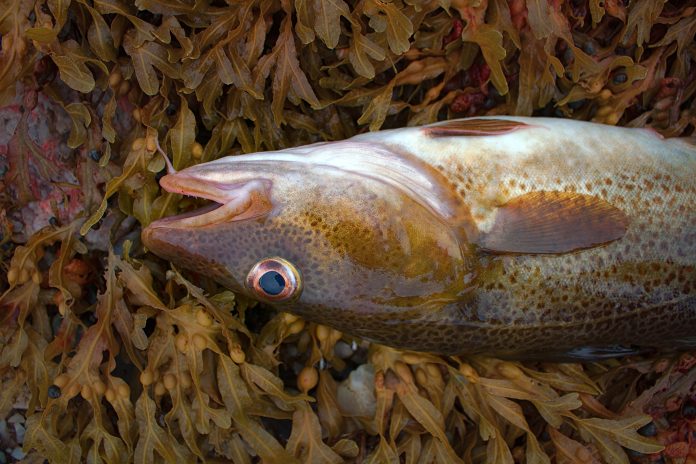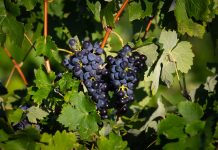Yesterday (11 October), EU farming and fisheries ministers decided on the use of Baltic fish stocks in 2022 – including access to a species in UK waters
According to the IPCC Report, temperatures in the Baltic Sea have risen dramatically since the 1980s. The research, put together by over 700 scientists, found that overfishing and climate-induced changes to the region have changed the structure of the deep basins there.
Every year, the EU negotiates total allowable catches (TACs) in regional seas for member states, to establish how much can be caught without permanently disrupting the marine ecosystem.
Yesterday, ministers decided on fishing access for the ten most commercially important stocks.
A balance between socio-economic needs and climate?
Jože Podgoršek, Slovenian Minister for Agriculture, said: “Today’s agreement balances the socio-economic needs of Baltic fishing communities with the long-term sustainability of fish stocks in the region. It is based on sound scientific advice and reflects the Council’s commitment to upholding the objectives of the Common Fisheries Policy while also addressing environmental concerns.”
Key highlights of the agreement include some scale-backs in fishing allowances, specifically a 50% decrease for herring in the Western Baltic Sea, while in the Central Baltic this TAC was cut by 45%.
Currently, cod stocks are struggling to replenish, alongside salmon in the Main Basin. The TACs for plaice and sprat were increased by 25% and 13% respectively.
Fishing community need “healthy fish stocks” for livelihoods
Virginijus Sinkevičius, Commissioner for Environment, Oceans and Fisheries, said: “The poor environmental status of the Baltic Sea is heavily affecting our local fishermen and women, who rely on healthy fish stocks for their livelihoods.”
The ministers also decided some of the fishing situation in UK waters. Norway pout, a fish eaten primarily by key species like Cod, faces a new agreement at the end of 2021 after the “outcome of consultations with the United Kingdom” are more established.
Since the fishing season for the UK-dwelling fish begins 1 November, a political agreement has been put in place for the time being.











